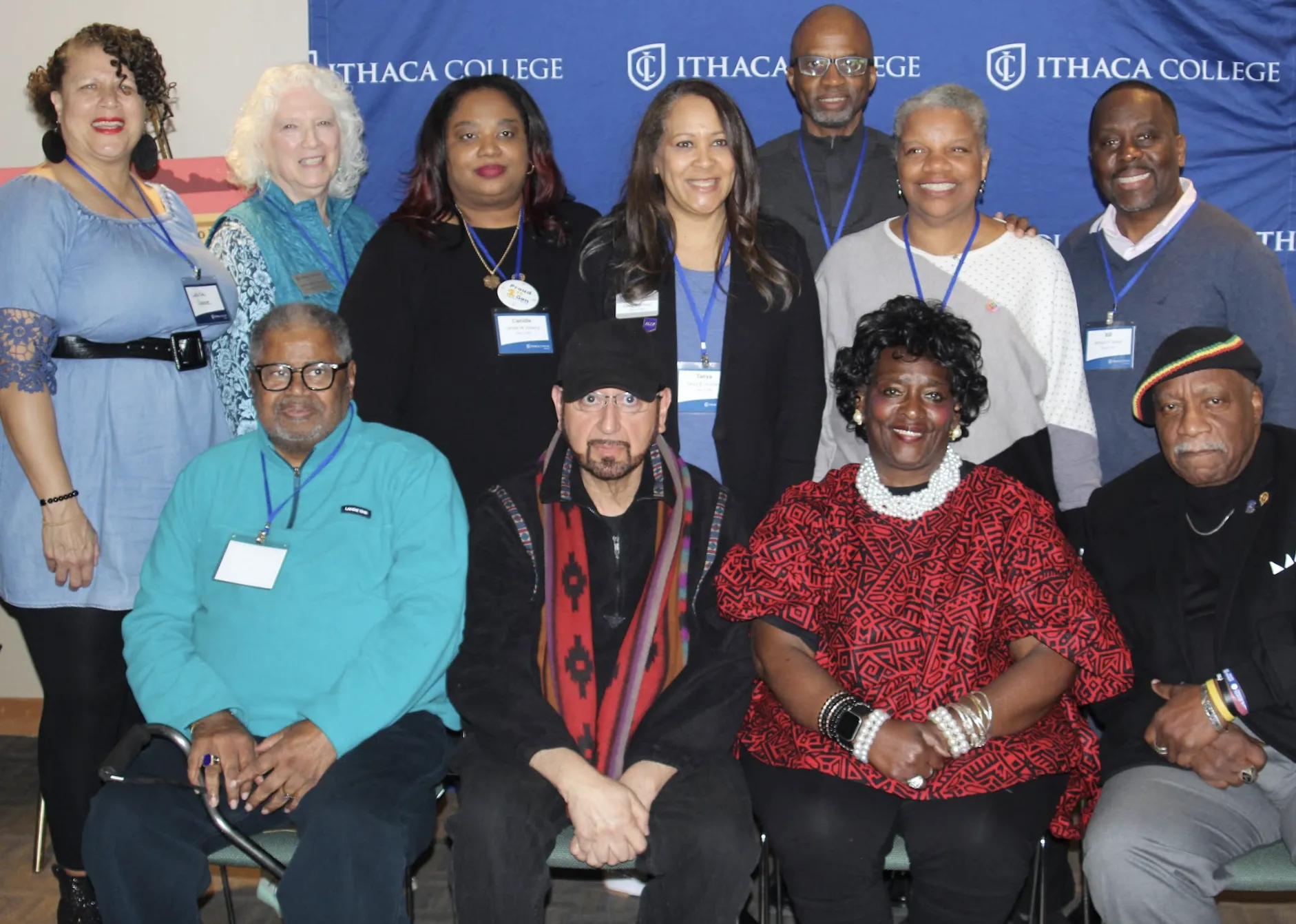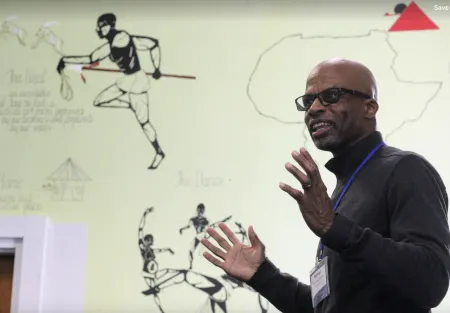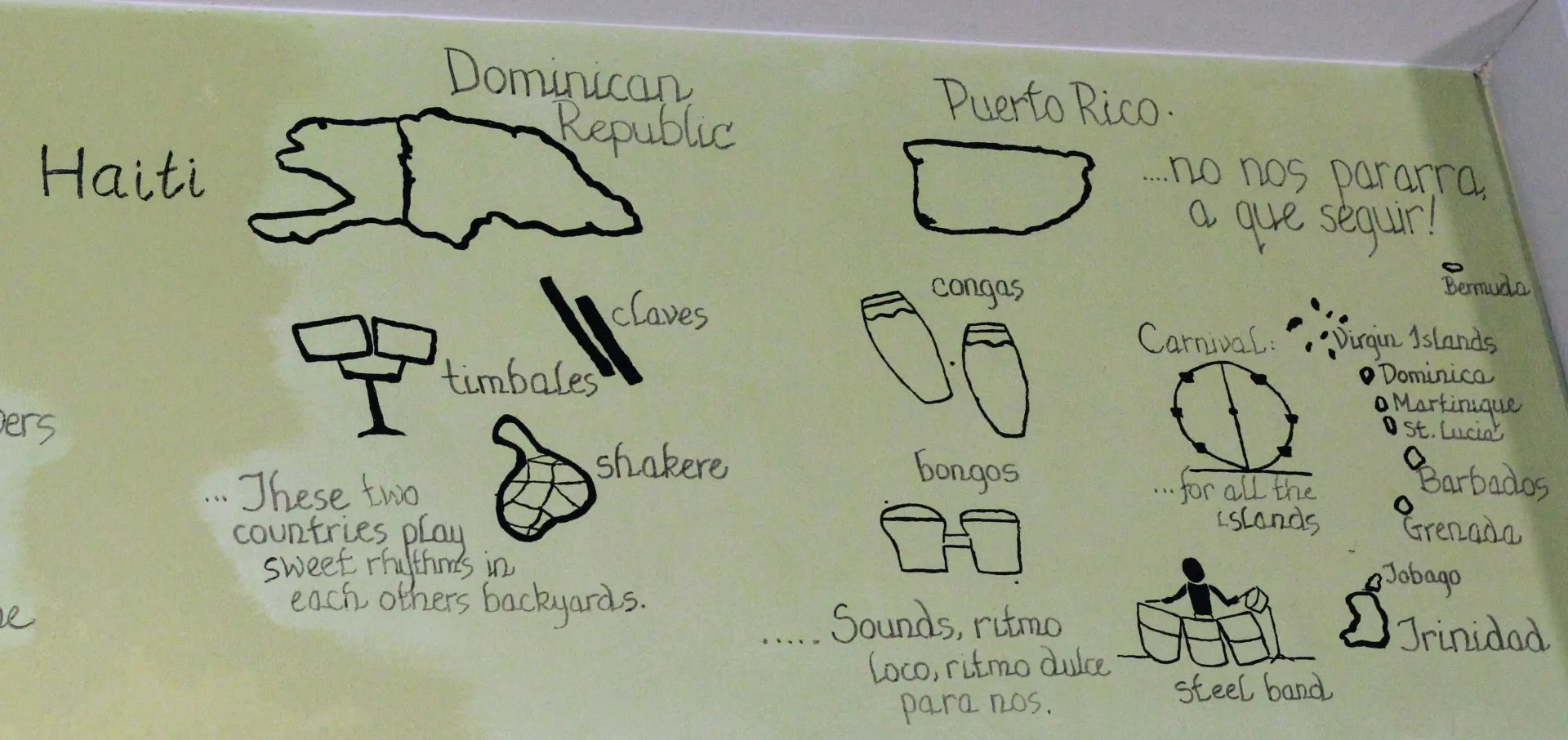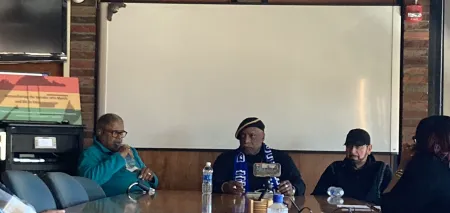It was a time for reconnecting with former classmates, telling war stories, and forging bonds with current students. On Monday, March 25, 2024, alumni returned to campus for a day of events commemorating the 1970 sit-in staged by the founding members of the college’s Afro-Latin Society (ALS), now known as the African-Latino Society.
Though these alumni had once battled with IC’s fourth president, Howard Dillingham, on this day they were welcomed home by the college’s tenth president, La Jerne Terry Cornish.
“I know that for some of you during your time on campus, Ithaca College did not feel like home, or at least not the home you wanted or not the home you deserved,” she said.
“I admire those of you who saw enough promise here—or at least in yourselves—to roll up your sleeves and to work to make a better home not just for yourselves but also for those who came behind you.”
Co-sponsored by the Students of Color Coalition (SOCC); the Center for Equity, Inclusion, and Belonging; IC Unity; the BIPOC Unity Center; and the Division of Philanthropy and Engagement, the March 25 event featured discussions and reflections from alumni as well as current staff and administrators.



